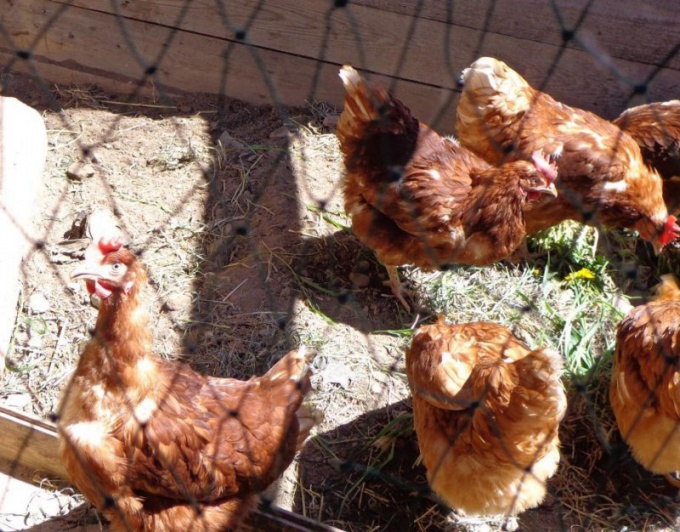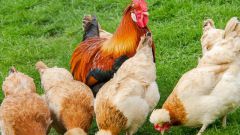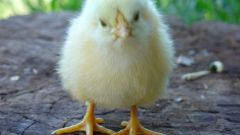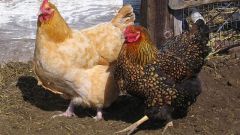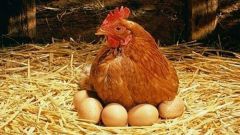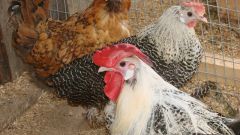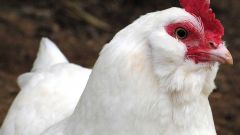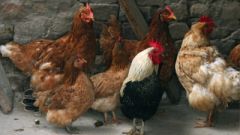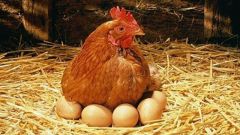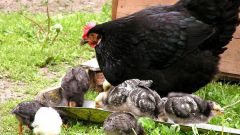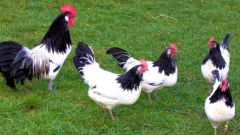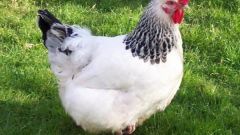Feeding laying hens. Useful tips
The main diet of hens eggs, are feed. However before purchasing you must carefully review the composition of the mixtures. The fact that some feed manufacturers add calcium, chalk and various vitamins. If these additives are absent, be sure to purchase them separately, independently adding to the daily diet of poultry.
The food in the feeder is covered in a small amount of chicken needs per meal to completely empty your "plate". You must ensure that the water in the drinking bowls were always clean. If it is necessary, to change it you need several times during the day. You should know that the average amount of feed consumed by one hen, is from 180 to 200 g a day.
Egg production in chickens – phase. The first stage is characterized by the most intensive production of eggs and lasts from 22 to 48 weeks. Its peak was achieved in 29 weeks. During this period, laying hens need to be fed high calorie but low volume foods. The need for nutrients and, consequently, productivity decreases after 48 weeks of egg production.
How and what to feed laying hens?
In the diet of hens laying eggs, should include cereals, oilcakes, pulses and oilseed meal in the form of concentrates. Do not forget about fish meat and bone flour, milk, cheese, green grass. Laying hens need such vegetables as potatoes, carrots and beets. In addition, in the diet of laying hens must log on chalk and limestone, wood flour and feed phosphates, and salt.
Diet for laying hens must be complete and include both vegetable whole grain feed and flour mixture, and animal food, and minerals. In addition of complete feed mixtures for laying hens relevant and various food waste, and vegetable tops. For example, the scales and entrails of the fish, not for human consumption, is well suited as supplements to the main diet of chickens.
It is also important to know and understand that the mineral feed should be present in the house always. So experts in the field of poultry production is recommended for 2-3 weeks prior to the beginning of oviposition body to create a bird reserve of calcium. For the strength of the eggshell in the food is added bone meal and additives in the form of sea shells, of mixtures of sand, salt and chalk. Sources of minerals and vitamins serve a variety of grass and weeds. Without them none of the diet of poultry.
The diet of hens eggs, is of great importance. Dry food is necessary to keep the bird no more than 2 times per day. Moreover, if wet mash is used, the frequency of meals increases to 4 times per day. Important point: the need to ensure that the food did not stay in the feeder at a bird for more than 40 minutes. Otherwise it will lose its beneficial properties.
